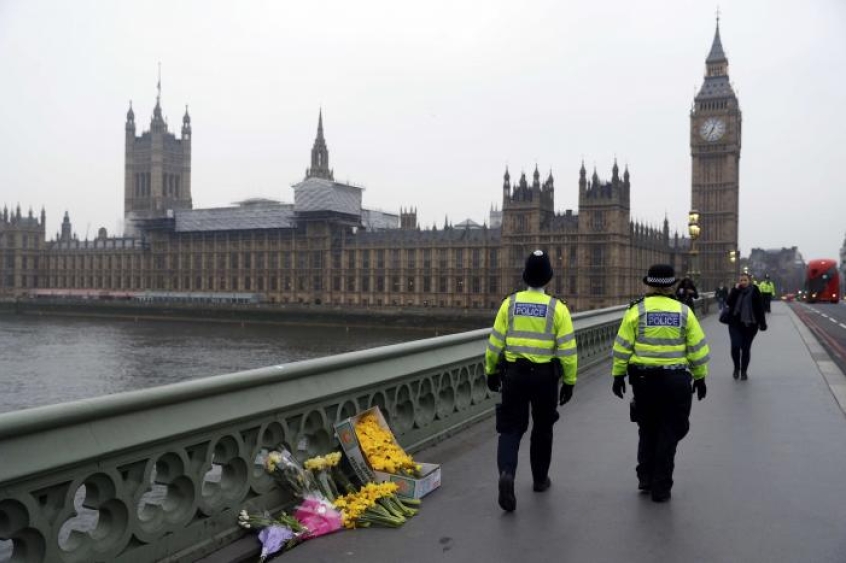
A new scheme has been launched in the UK to reduce the risk of rented vehicles being used to commit terrorist attacks.
The launch of the Rental Vehicle Security Scheme follows several years of deadly terrorist attacks across Europe involving vehicles that were deliberately driven into crowds of people.
In Nice, France, in 2016, a terrorist drove a truck into people celebrating Bastille Day along the promenade, killing 87 and injuring over 400.
In the same year, a truck was driven into a Christmas market in Berlin, Germany, killing 12 people.
Last year, five people were killed when a hijacked lorry was driven into them in the Swedish capital of Stockholm.
Vehicles were used as weapons in two separate terrorist attacks in London in 2017, one at Westminster next to the Houses of Parliament that killed five, and another at London Bridge, killing eight.
And in August this year, two people were taken to hospital with non-life threatening injuries after a car rammed into pedestrians outside the Houses of Parliament.
The new voluntary scheme is a partnership between Counter Terrorism Policing and the Department for Transport.
Rental companies that sign up are required to adhere to a 10-point Code of Practice that commits them to sharing data and information with law enforcement, training staff to identify and report suspicious behaviour, appointing a security contact, and only accepting electronic payments.
Counter Terrorism Policing' Chief Superintendent Nick Aldworth said: 'The police work closely with Government, local authorities and businesses to look for new and innovative new ways to keep people safe.
'Officers from the Counter Terrorism Policing network have been working with industry and Government to support the development of a security culture within the vehicle hire industry.'













